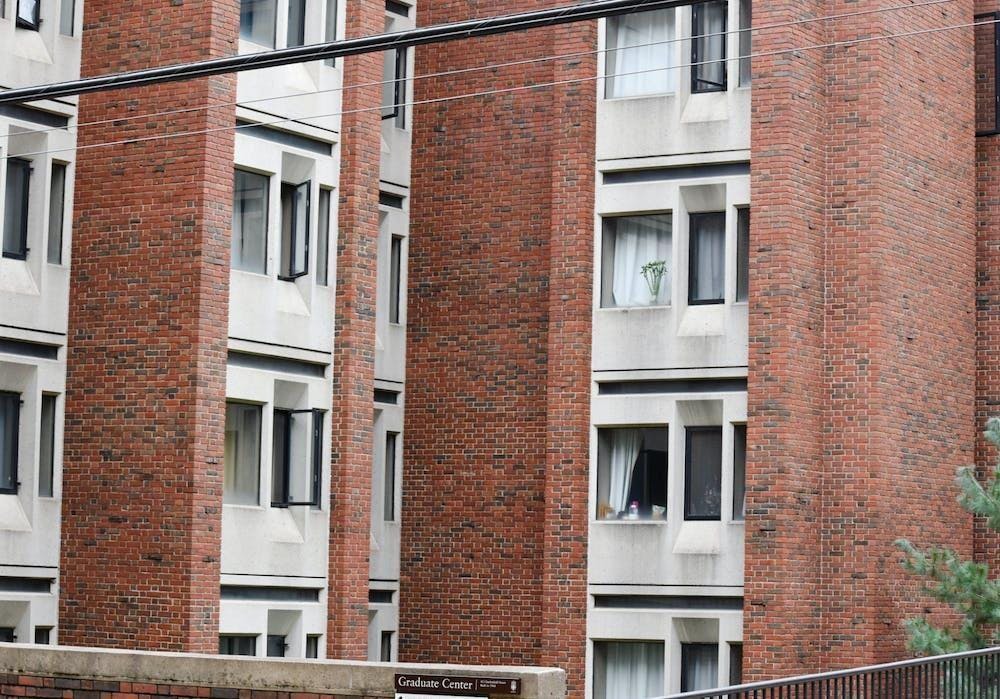On March 12, the Graduate Labor Organization filed a federal Unfair Labor Practices complaint, alleging that the University made a “retaliatory threat” of discipline against the union’s members.
The complaint was filed a day after the University announced its updated FAQ on protests, which included a new section describing policies on activism by labor unions.
“As is its right, the University expects unions and their leaders and members, when conducting protests and demonstrations advancing a political or other type of opinion on matters unrelated to their employment, to abide by Brown policies including those related to the use of University spaces,” the updated FAQ reads. “If a union-sponsored event does not comply with University rules, that union’s leadership and/or members can be held accountable for failing to follow University policies.”
The FAQ further states that “Any member of the Brown community organizing a protest on University property (including the College Green) must reserve the space in which the protest will take place, and recognized student organizations must register any event where 50 or more attendees are anticipated.”
Provost Francis J. Doyle III wrote in a campus-wide email that the University wanted to “provide additional guidance related to protest activity by labor unions on campus, particularly given recent visibility about planned activism by some union leaders on campus this spring.”
In an interview with The Herald, GLO President Sherena Razek GS characterized the message as a “very clearly a thinly-veiled retaliatory threat to actions that the Palestine Solidarity Caucus has been taking over the past several months,” as well as a retaliatory threat to actions of GLO and other labor organizations.
The university-wide email came three days after the GLO-affiliated Palestine Solidarity Caucus held a rally for International Working Women’s Day and for a demoted tour coordinator.
Neither GLO nor PSC register protests with the University, according to Razek.
The union filed the complaint with the National Labor Relations Board, the federal agency that “investigates and remedies” unfair labor practices under the National Labor Relations Act. NLRB Spokesperson Kayla Blado confirmed in an email to The Herald that “the NLRB’s Region 1-Boston office received the charge and is currently investigating it.”
In an email to The Herald, University spokesperson Brian Clark wrote that the University sent the email to “offer clarity” amid planned protests.
“We’ve seen public statements from some unions about planned protest activity, and we’ve come across misunderstandings in some conversations in regard to whether individuals who are union members are accountable to University policies when engaged in protest and demonstrations,” Clark wrote.
“Individuals are not absolved from abiding by Brown policies by virtue of union membership,” Clark added.
The University’s decision to send the email was also prompted in part by the fact that “multiple members of the Brown community, specifically members of labor unions on campus, have reached out directly to university leaders,” according to Clark.
“Some have sought clarity on these questions. Others have expressed concerns about specific union activities they felt extended beyond the purview of those unions,” Clark wrote.
Razek, among other GLO leaders, argues that the union’s actions calling on the University to divest its endowment from “war crimes and atrocities in Palestine or anywhere else” constitute “protected activity” under federal labor law because those are “employment-related” matters.
“The way in which the wealth generated from our labor is invested in war crimes and atrocities in Palestine or anywhere else in the world is absolutely part of our working conditions,” she said.
The University did not specify whether its guidance responded to specific protests or issues.
Ethan Schenker is a university news editor covering staff and student labor. He is from Bethesda, MD, and plans to study International and Public Affairs and Economics. In his free time, he enjoys playing piano and clicking on New York Times notifications.





